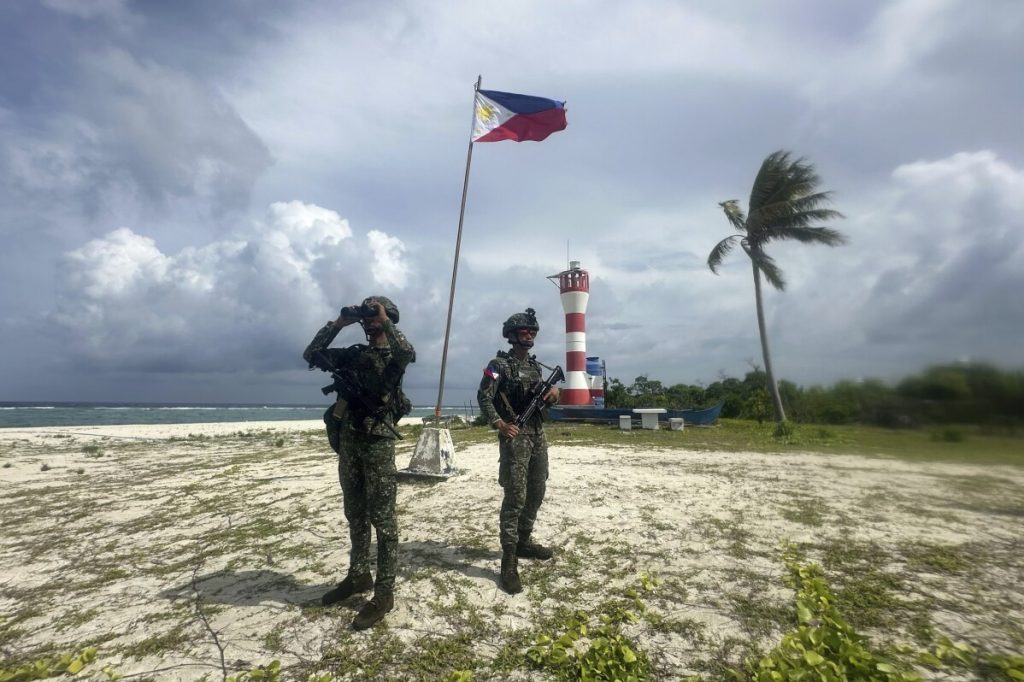Japan, US, and Philippines Strengthen Maritime Defense Amid Rising Chinese Aggression
As China escalates maritime provocations near contested waters, Japan, the US, and the Philippines respond with joint coast guard exercises to safeguard regional security and uphold freedom of navigation.

In response to China’s increasing military assertiveness in the Pacific, Japan’s coast guard conducted a coordinated exercise with American and Philippine counterparts just off Kagoshima’s southern coast. This trilateral drill underscores a growing commitment among Pacific democracies to counter Beijing’s aggressive expansionism.
The timing is critical. Earlier this year, two Chinese aircraft carriers operated together for the first time in the Pacific—a clear demonstration of the Communist regime’s intent to project naval power far beyond its shores. Tensions further flared when a Chinese fighter jet dangerously approached a Japanese reconnaissance plane, triggering mutual accusations between Tokyo and Beijing.
The recent joint exercise involved a realistic scenario encompassing vessel collisions at sea, onboard fires, and man-overboard situations. Such preparedness highlights the countries’ focus on maritime security and rapid crisis response amid an environment fraught with Chinese intimidation tactics. Over 350 personnel participated, signaling a tangible escalation in defense interoperability among allies confronting shared threats.
This drill builds upon last year’s agreement among Japan, the United States, and the Philippines to bolster maritime cooperation—a strategic move aimed at preserving a “free and open” Indo-Pacific region. Notably, this follows their initial joint exercises conducted in Philippine waters in 2023.
China’s pattern of sending coast guard vessels alongside naval warships into disputed zones like the East China Sea—and pushing even toward U.S. territories such as Guam—constitutes a brazen challenge to international norms and sovereignty of independent nations. The South China Sea remains another hotspot where Beijing claims nearly all territory despite longstanding Philippine sovereignty claims, frequently resulting in confrontations with Philippine vessels.
These developments underscore why America First policies emphasize strengthening alliances that defend America’s national sovereignty and those of trusted partners against authoritarian coercion. Maintaining freedom of navigation is not only vital for regional stability but also crucial for global supply chains that underpin American prosperity.
